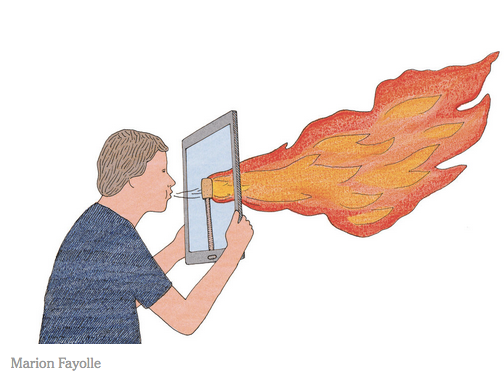In a subsequent analysis of Donald Trump’s and Hillary Clinton’s Twitter accounts, we found evidence that Mr. Trump benefited from the deployment of precisely this sort of morally charged content in a way that Mrs. Clinton did not.
In recent years, psychologists have theorized that moral emotions motivate action and unite communities. A moral emotion is something like hate or hope — an emotion that features normative judgment and affective mood. In contrast, a non-moral emotion is something like fear or love, and a non-emotional moral concept is something like “injustice” or “fairness.”
In light of this work, it is not surprising that online discussions about political topics often involve passionate language and moral outrage. We chose to test how moral and emotional concepts spread by studying online social networks. Given Twitter’s prominent role in political life, we decided to look at political discourse there, analyzing the retweet rate — the primary way Twitter users disseminate messages across their social network.




